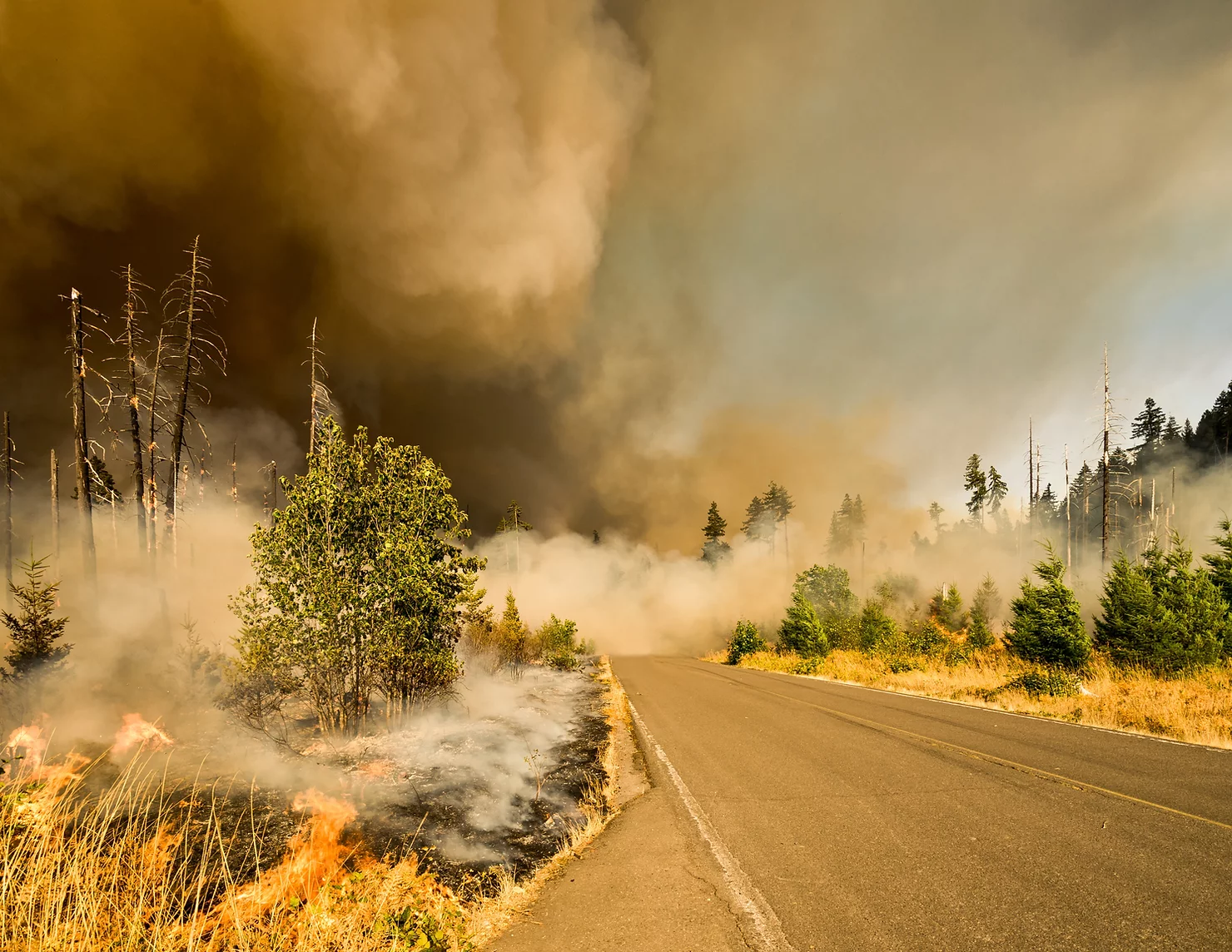If there is anything that has made me pause a few times this week, it is the photograph taken by Konstantinos Tsakalidis that’s circled mass media as well as social media. An old woman with wildfires raging behind her in the village of Gouves on the island of Evia in Greece is photographed with her hand on her chest, her mouth agape, her eyes closed. She has a wedding ring on, and I wonder where her husband is. She’s wearing black, and I wonder if it adds to the symbolism of collective mourning we will all be in one day as the world as we know it changes, engulfed by various elements of climate change, or if wearing black becomes a more often ordeal by virtue of age, the funerals to be attended grow in number. For instance, when my grandfather passed away several years ago, my maternal grandmother, Alia, would wear a thobe, a Palestinian embroidered dress, with a black cloth stitched in olive colored thread. Those were her colors of mourning. A month before my grandmother passed away, her and I were watching news clips of Palestinian women, particularly mothers, hands on chests, mouths agape, eyes closed, wearing black, and in mourning of a child or spouse killed by the Israeli occupation. Seeing this Greek woman in the photograph reminded me of those images, and all these images beg the question, how are those in power not outraged yet?

In the photograph, the woman’s back is to the house, maybe her house. I wonder how many generations walked in and out of that house. I wonder what her morning routine around the house was. It reminds me of my maternal grandparents’ home, inviting with the openness around it. The road she stands in front of leading up to the house looks familiar, even though I have never walked it. I have walked roads like it many times in Palestine. Roads of this design often lead to houses of great grandparents, grandparents, and our own. Trees are maintained around it. Familiar. Minus the wildfires that are photographed raging behind the house, threatening to engulf it. I wonder what Tsakalidis did after capturing this image. Was there time to console? Was there time to cry?
A tweet by @shocks circulated online that read, “kinda weird that we’re all gonna experience climate change as a series of short, apocalyptic videos until eventually it’s your phone that’s recording.” And after we record, where do we go? When it gets to us, who is left to warn?
I think of what my maternal grandmother, Alia, who passed away at seventy-seven about two months ago, would say if I showed her this picture. Most likely, we would be sitting in her veranda on the third floor of her home, and she would have said something like May God protect us. May God protect us. She would have made a comment about the trees in front of the house. She probably would have also said something about wanting to be gone before seeing her house engulfed by flames.
My grandmother lived in the home we grew up knowing as my grandparents’ home in Palestine for decades. It started out with my grandfather saving up enough money to build one floor until one day, it become a home with five floors and a garden surrounding the entire house, baring grape vines, trees of grapefruit, figs, oranges, lemons, apples, bushes of herbs and other fruits and vegetables. Climate change wasn’t on my grandmother’s mind the way it is in the mainstream: catastrophic wildfires and flooding. Her way of talking about climate change was through her talking about what’s growing or not growing like it used to because of the climate. Her way of talking about climate change was through talking about Israel’s monopoly on Palestinian water resources.
A month before she passed away, she was sitting with her sisters-in-law, sister and nieces, when one of them asked, “If Israel gave you a million dollars, would you give them this house?”
“Never. I’m not going anywhere,” she replied.
When grandparents pass away, especially if that is your first experience with the death of a close loved one, you are left with questions. I have come to learn this after living around and then losing three of my grandparents. Where can time be found when your homeland is under settler colonialism to worry about climate change? Where can time be found to draw the connection between military occupation and climate change, to yet again, build the evidence against settler colonialism? To say forget the home demolitions we’ve shown you, the murders, the imprisonment, the injuries that we’ve shown you for decades. Settler colonialism is bad for the environment. Be in horror with us.
The way my grandmother would have not wanted settlers in her home or on her land is the way she would not have wanted to see her home or her land engulfed in flames. And it didn’t happen in her lifetime, but will it happen in mine? It’s almost a rhetorical question.
